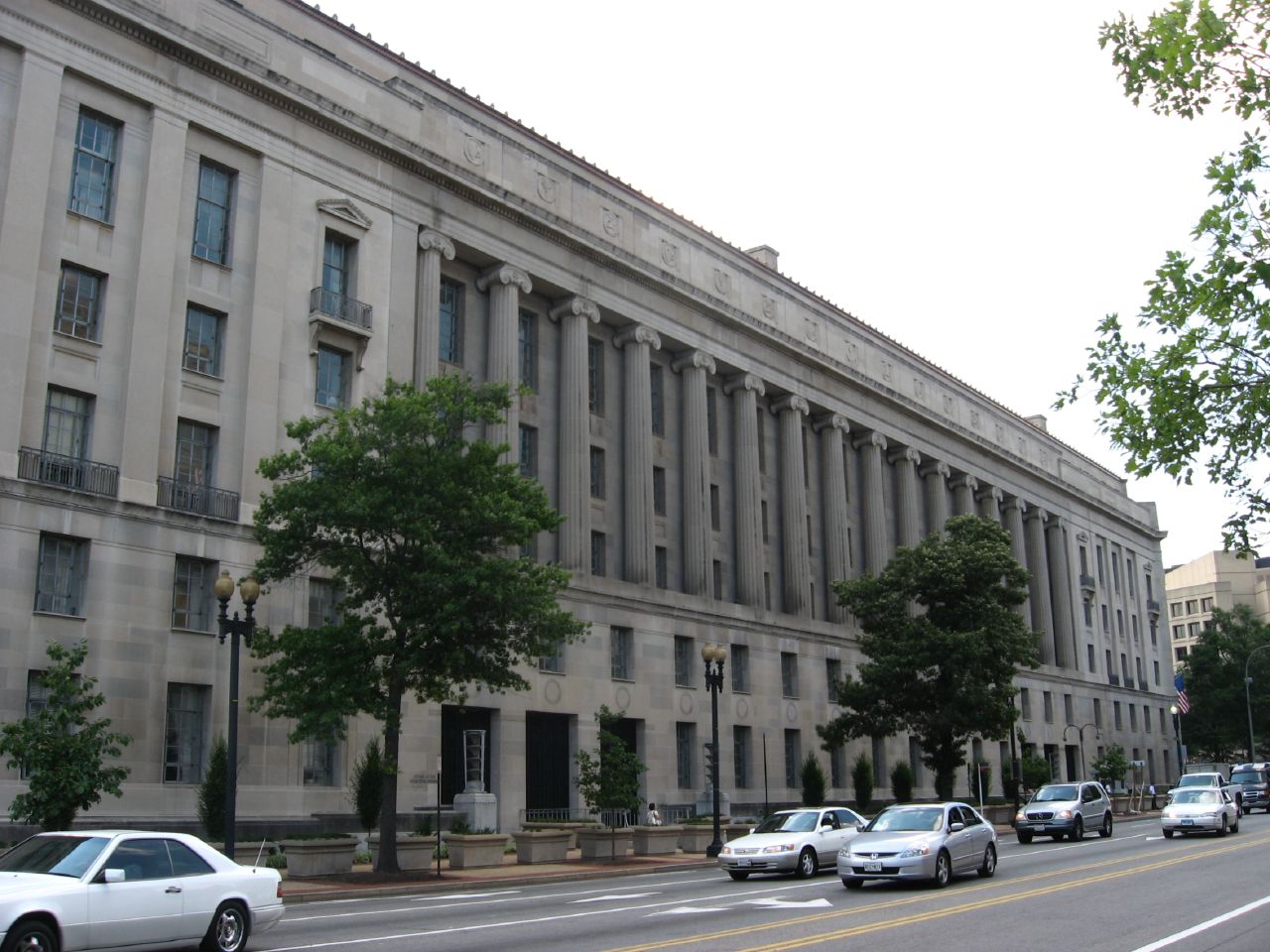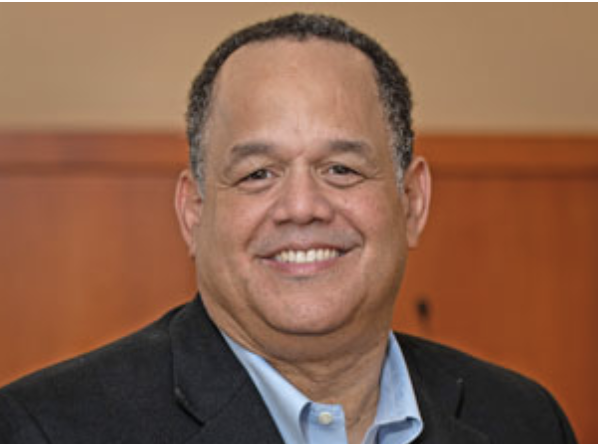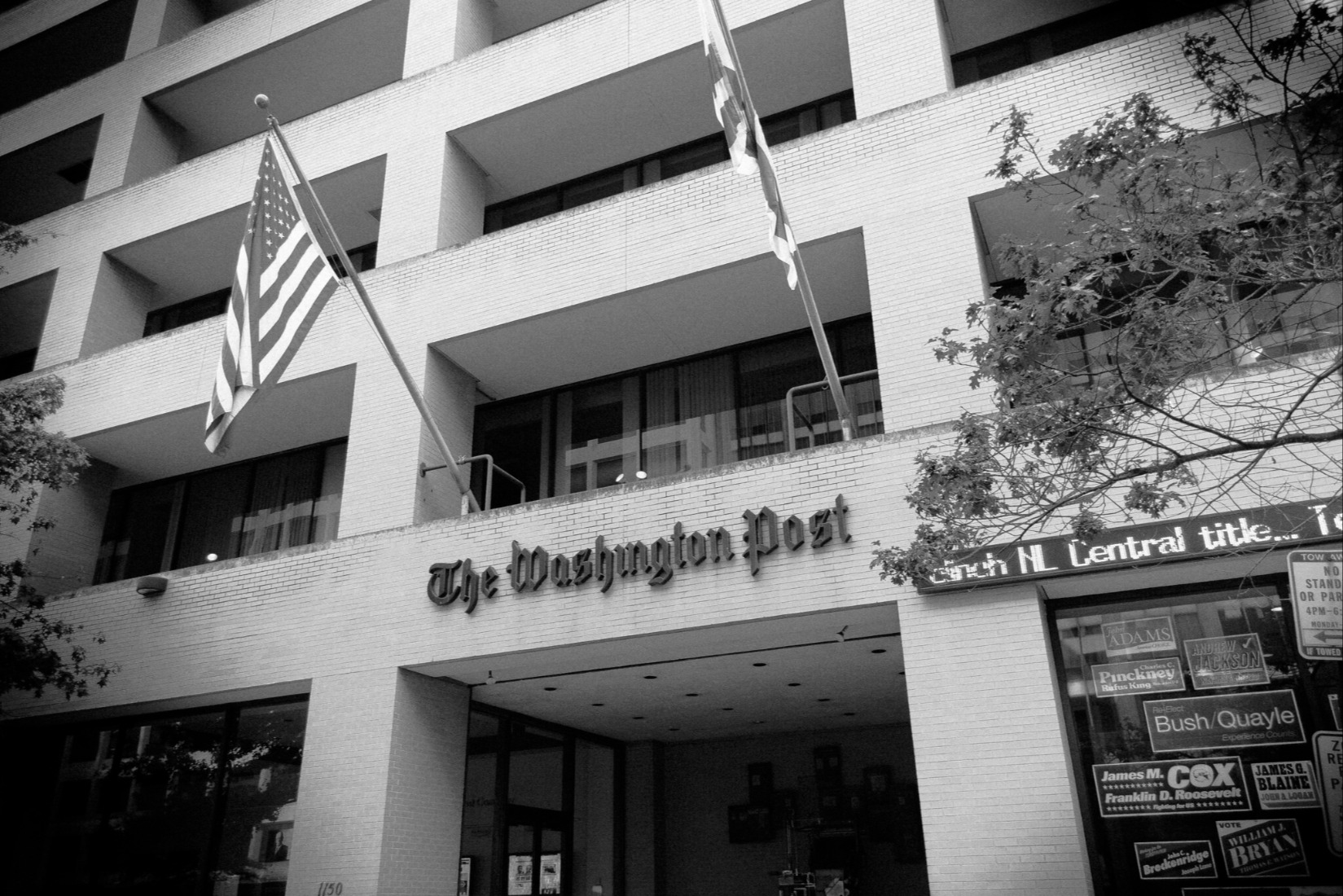What's the Justice Department Doing in the E. Jean Carroll Lawsuit?
Why is Biden’s Justice Department arguing for the dismissal of E. Jean Carroll’s defamation claim against Donald Trump? Because the issue of limiting liability of federal officials in future claims goes well beyond one president or even all presidents.

Published by The Lawfare Institute
in Cooperation With

On June 8, Department of Justice attorneys argued before the U.S. Court of Appeals for the Second Circuit in support of their appeal of a district court decision in the lawsuit filed by E. Jean Carroll against Donald Trump. In October 2020, Judge Lewis Kaplan of the District Court for the Southern District of New York (a Clinton appointee) had rejected arguments put forward by the Justice Department, then helmed by William Barr, that the United States should be substituted as the defendant in the civil claim filed by Carroll. In that case, Carroll alleged that Trump made false and defamatory statements about her after the release of her 2019 book in which she alleged that Trump had raped her sometime in either 1995 or 1996.
The renewal of this same argument on appeal by the current Justice Department under the leadership of President Biden-appointed Merrick Garland has raised questions as to why the current administration would assert arguments in defense of some of the most objectionable actions of the prior president. After all, at the time that these arguments were made, they were pilloried by many as another in a long line of politically motivated actions by a Justice Department that acted more like Trump’s private law firm than the nation’s most prominent law enforcement entity.
But the argument asserted in this case by the Justice Department this week has little to do with the alleged heinous actions of the former president or the legal positions taken by an exceptionally partisan department under Barr in other cases and circumstances. Rather, it is a pretty straightforward assertion on the limits of individual liability for government officials vital to the federal government’s legal position in thousands of pending cases throughout the nation based on the 1988 Federal Employees Liability Reform and Tort Compensation Act (better known as the Westfall Act). The reassertion of this argument is, therefore, a “no-brainer” for the Justice Department’s Civil Division (and the entire department) and should therefore come as no surprise. Whether the court of appeals should accept the substance of the argument is, of course, another question—one that should not determine the government’s decision whether or not to file an appeal.
Carroll’s Allegations Against Trump and Defamation Suit
Carroll’s book alleges that in either the fall of 1995 or spring of 1996 Trump raped her in a dressing room of a Manhattan department store. Carroll, in the wake of the #MeToo movement, said she “could not help but be reminded of certain men in my own life” and that she “felt like a fraud” for not previously making her allegations public.
Two hours after excerpts of the book were made public, Trump issued a statement that read, in part:
Regarding the “story” by E. Jean Carroll ... I’ve never met this person in my life. She is trying to sell a new book—that should indicate her motivation. It should be in the fiction section. Shame on those who make up false stories of assault to try to get publicity for themselves, or sell a book, or carry out a political agenda—like Julie Swetnick who falsely accused Justice Brett Kavanaugh.
Soon thereafter, in an Oval Office interview with The Hill in June 2019, Trump asserted that Carroll was “totally lying,” adding: “I’ll say it with great respect: Number one, she is not my type. Number two, it never happened. It never happened, ok?” He later responded to a question from a reporter about whether Carroll was lying: “Totally lying. I don’t know anything about her. I know nothing about this woman. I know nothing about her. She is—it’s just a terrible thing that people can make statements like that.” Trump later responded to a picture showing him and his then-wife together at the same event with Carroll and her then-husband, telling reporters that he was “standing with my coat on in a line—give me a break—with my back to the camera. I have no idea who she is.”
In the wake of these statements, Carroll sued Trump in his personal (as opposed to official) capacity in a New York state court, alleging that his statements regarding her allegations were false and defamatory. Trump originally responded to the suit with his personal lawyers arguing that he could not be sued while president. The state court rejected this argument (citing the 1997 U.S. Supreme Court decision in Clinton v. Jones, which established that sitting U.S. presidents have no absolute immunity from civil litigation for events that took place unrelated to their office), denying his motion for a stay of the case, including pretrial discovery.
The Justice Department Intervenes in the Case
Ten months after the case was filed in state court, Justice Department attorneys intervened on behalf of Trump, filing a motion to have the case moved from state court to federal court. The director of the Justice Department Civil Division’s Torts Branch certified that Trump’s statements regarding Carroll and denial of the allegations in her book were made as part of his job as president and that the case could therefore be removed to federal court. The U.S. District Court for the Southern District of New York granted removal, noting that the Westfall Act provides the attorney general or his representative with the authority to make this determination and that the removal to federal court was mandatory based on this request.
The Justice Department also argued that the United States should be substituted as the defendant in the case originally filed against Trump, noting that while the suit was styled as one against him in his personal capacity, it was a lawsuit against an “employee” of the United States for something done in the course of his or her employment. The department compared the suit to one against a Postal Service driver who crashed into someone’s car while delivering the mail. The significance of this argument (among other things) is that pursuant to the doctrine of sovereign immunity, the United States cannot be held liable to pay monetary damages in response to a civil action unless the U.S. has expressly and specifically waived that immunity. Long story short—the U.S. has waived its sovereign immunity for some negligent torts but not for intentional torts (like defamation).
The Justice Department lawyers relied on the Westfall Act to support both the removal and substitution motions. In Westfall v. Erwin (1988), the Supreme Court held that federal employees could be individually liable for tort damages arising from their conduct performed in the scope of their employment in some circumstances. Congress responded to this extreme expansion of potential civil liability, and the burden imposed on federal employees to litigate claims arising from their employment, with the Westfall Act. This law created an exclusive remedy against the United States when a federal “employee ... acting within the scope of his office or employment” causes an injury “arising or resulting from the negligent or wrongful act or omission” (emphasis added). By “exclusive,” the Westfall Act meant that the United States must be inserted as the defendant in any civil action that meets this criteria and was initially filed against a federal employee in his or her personal capacity.
The district court rejected the Justice Department’s Westfall Act arguments in Carroll’s lawsuit against Trump. While the attorney general’s determination that the state court case fit the parameters of Westfall was “conclusive” for the purposes of removal to federal court, it was not conclusive as to the correctness of the government argument for substitution of the United States as the defendant. It was up to the court then to determine whether the actions at issue in the legal claim were those of a federal employee in the course of his employment.
The district court held that neither was true in the Carroll lawsuit—that Trump was not an “employee” of the federal government and that even if he had been, his statements to the press about Carroll were not made in the course of his employment.
As to the first question, which the district court noted was one of first impression (that is, a previously undecided question), the court concluded that Congress did not intend to include the president within the definition of “employee” in the Westfall Act in light of the contemporaneous case Nixon v. Fitzgerald, which held that a president was “entitled to absolute immunity from damages liability predicated on his official acts” making it unnecessary to extend the protections of the Westfall Act to the president, whom the Supreme Court evidently recognized was not a ‘federal employee.’” The district court also noted that the alternate conclusion “could ignite a significant expansion of federal tort exposure—without any evidence of a congressional intent to do so—by authorizing lawsuits that could involve review of the president’s job performance.”
The court then held that even if one were to conclude that the president was a federal employee for the purposes of Westfall, the president’s public statements regarding Carroll’s allegation were not within the “scope of his official duties,” concluding that:
there is no basis for concluding that ... anything [the president] says is within the scope of his employment. A comment about government action, public policy, or even an election is categorically different than a comment about an alleged sexual assault that took place roughly twenty years before the president took office. And the public’s reasons for being interested in these comments are different as well. The president’s views on the former topics are interesting because they alert the public about what the government is up to. President Trump’s views on the plaintiff’s sexual assault allegation may be interesting to some, but they reveal nothing about the operation of government.
In reaching this decision, the district court expressly declined to apply contrary precedent from the U.S. Court of Appeals for the D.C. Circuit on what was essentially an identical issue. In CAIR v. Ballenger, Rep. Cass Ballenger’s chief of staff gave an interview to a reporter about Ballenger’s recent separation from his wife. Ballenger later called the reporter from his congressional office during regular business hours and stated that the separation was amicable and that part of the reason for the decision was that his wife was uncomfortable living across the street from the plaintiff, an Islamic institution, and the plaintiff sued Ballenger for defamation. The Justice Department intervened there as it did in the Carroll case, making the same argument—that Ballenger was a federal employee and that his statements were made in the scope of his employment. The district and appellate courts agreed and granted the government’s motion to substitute the United States as the defendant in the case. The district court in the Carroll case noted what it saw as the flaws in the analysis in Ballenger and that as a district court in a different circuit it was not obligated to follow the case.
The Biden Justice Department Made the Right Call
There are (at least) three reasons why continuing to assert the Westfall Act arguments in the Carroll case is a no-brainer for the Justice Department. First, notwithstanding the horrible allegations at the center of Carroll’s claim (and the number of similar claims made by others against Trump), the department must consider not just this case but also any future civil claims that might be filed against a president and whether courts should conclude that those future presidents are shielded from personal liability by the Westfall Act. It is the Justice Department’s responsibility and obligation to assert potentially valid legal arguments that would limit exposure of liability for federal officials.
Second, a wide array of federal officials make public statements to the press regarding activities that are clearly, or not so clearly, directly related to their official duties every day. The government has a vested interest in applying the widest possible definition of when such statements would be considered within the scope of employment for any of these officials who might be subject to legal action arising from what they have said.
Finally, the district court in the Carroll case expressly declined to rely on precedent from another federal circuit that reached a contrary conclusion about the scope of employment question. The Justice Department and its Civil Division have a vital interest in developing favorable legal precedent throughout the country. As a result, inconsistent federal analysis of the same legal issue is of particular importance to the department and the division. The district court’s rejection of the D.C. Circuit precedent would be enough reason to continue the appeal in this case absent any of the other factors.
And the fact that the district court may well have reached the right conclusion in the Carroll case (and I think it probably did, at least in concluding that the president did not fall under the definition of an “employee” under the Westfall Act) changes nothing about the importance of the Justice Department playing its proper role in the U.S. legal system by asserting all valid legal arguments that support its client’s interests. And in this case, the “client” is not Donald Trump but the presidency (including all current and all future presidents) and all federal officials and employees who might someday have a reason to say something to the press and get sued for what they said.


.jpg?sfvrsn=4ae453c9_8)

.jpeg?sfvrsn=a5483b0_5)
